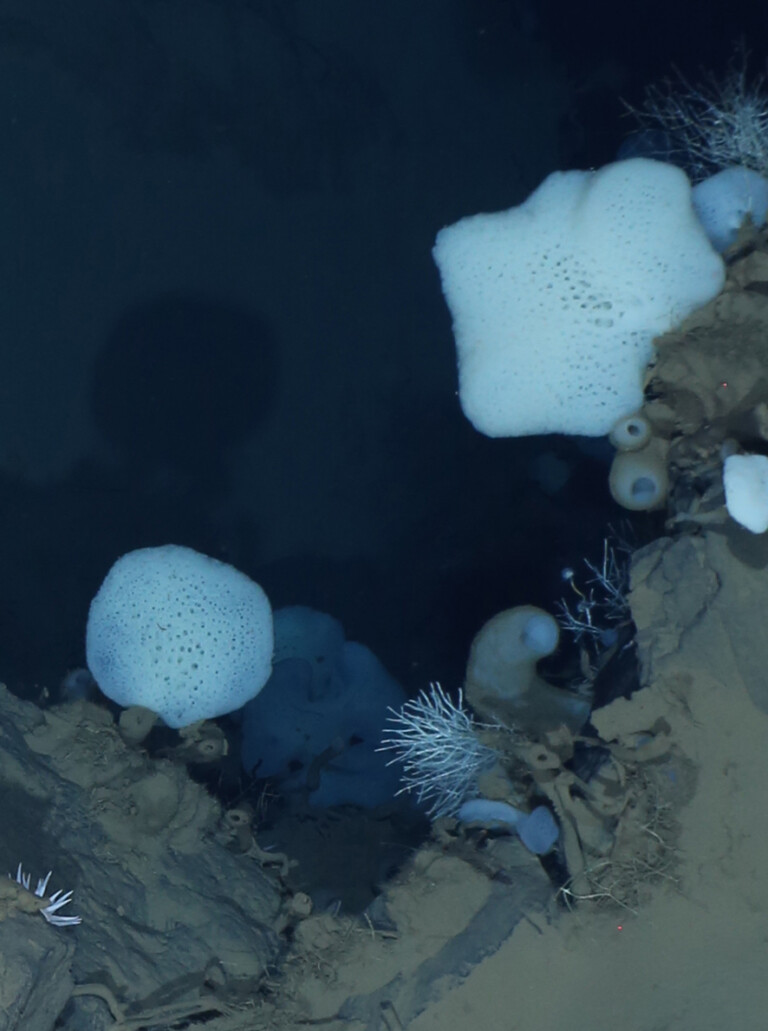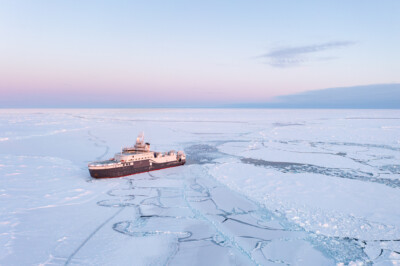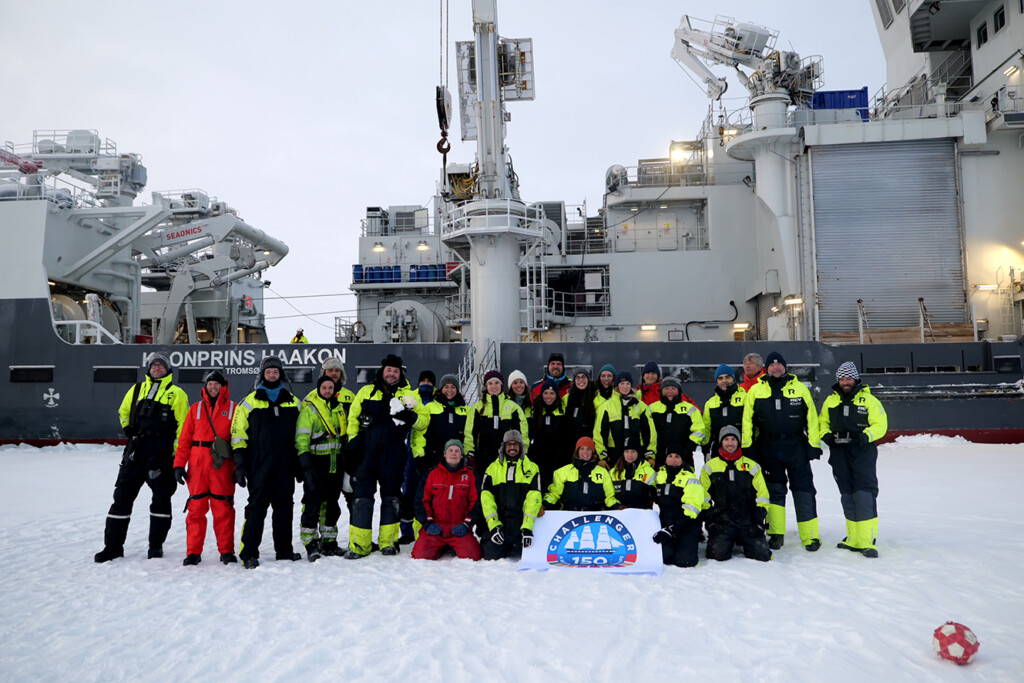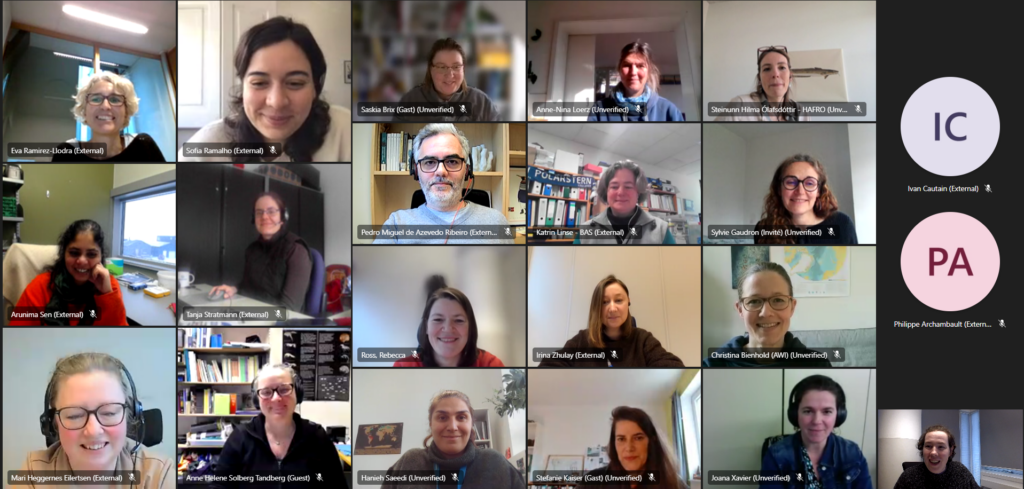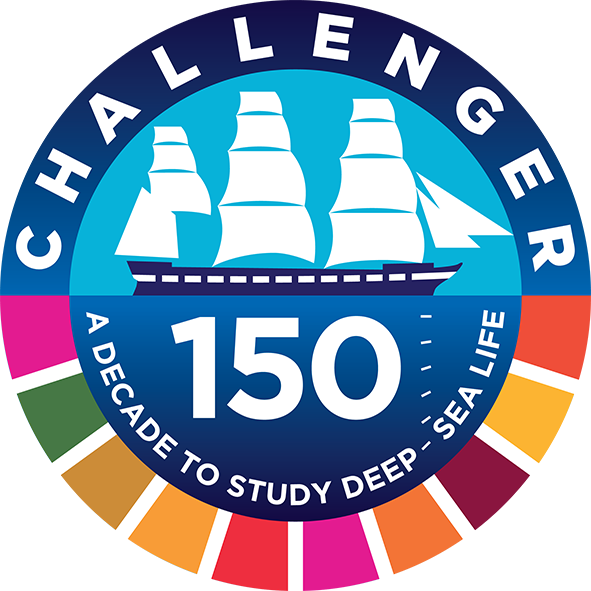Arctic Regional Scientific Research Working Group
Coordinators:
The Arctic RSR-WG is coordinated by Eva Ramirez-Llodra (REV Ocean, Norway): , and Heidi Meyer (Institute of Marine Research, Norway).
Background and goals:
Although the deep Arctic is still poorly studied, interest in the deep Arctic Ocean is rapidly increasing from a variety of stakeholders, including researchers, governments, policy makers, different industries and conservation groups. This increased focus on the deep Arctic is accentuated by sea ice retreat, which makes this remote region more accessible by surface vessel traffic.
Most of the deep Arctic seafloor and its ecosystems have never been directly observed or physically sampled. However, seabed mapping and past and ongoing projects show that the deep Arctic Ocean contains a high diversity of habitats, including slopes, canyons, seamounts, ridges, abyssal plains and chemosynthesis-based ecosystems hosting different biological communities.
With increasing potential for Arctic human activities, including vessel traffic, pollution, fisheries and hydrocarbon and mineral exploration, understanding the composition, functioning and connectivity of deep Arctic ecosystems and the services they provide to the biosphere and humans is urgent and essential if we are to develop robust management and conservation measures.
The Arctic regional working group of Challenger 150 has gathered experts from around the world to coordinate efforts and exchange knowledge and data to accelerate our understanding of the deep Arctic Ocean within the timing of the UN Decade on Ocean Science.
Past working group activities:
- The Arctic working group has had 3 online meetings: May 2021, January 2022 and February 2024.
- The group promotes an increased communication and collaborations amongst researchers working in the Arctic.
- The group promotes the participation of early career researchers.
- The group has submitted a review paper entitled “The emerging picture of a diverse deep Arctic Ocean seafloor: from habitats to ecosystems” under review in Elementa: Science of the Anthropocene.
